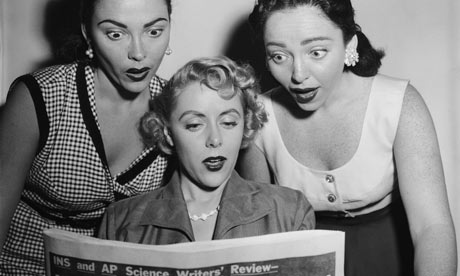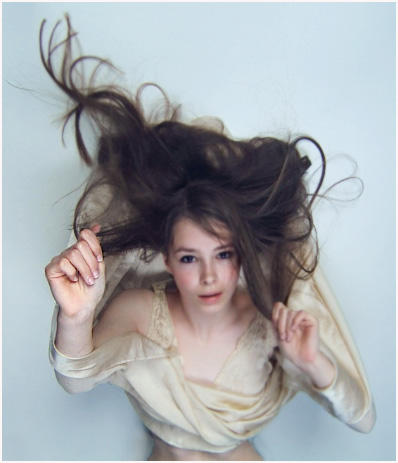Life for Edna Montellier had lost meaning, if ever it had any.
She went back to the one place that had aroused that awakened sensation she had had, the one that made her feel like she had been reborn, introduced into the world as a new person (chapter 7). In the beginning, she tried to live with the changes and the realization of the duality in her life and her lack of involvement in it. However, Edna's transition towards actually being happy and acknowledged as a person instead of just a 'wife' or 'woman' is impeded by her realization that this will likely never happen. And this is just too much for her to handle.
Edna then seeks refuge from her inconvenient truth in the place where she first became aware of it. Yes, the sea. So she shows up unannounced at the Grand Isle and while Victor is worried about making her stay comfortable, she decides to take a stroll down the beach. Eventually, Edna ends up swimming in the sea, wearing nothing but her birthday suit. Feeling finally free, she keeps swimming, not even exhaustion can stop her, and there is nothing that will bring her back to shore either.
Edna's death shows her desperation and need to cleanse herself from the outside world. She could no longer live without a meaningful life. Therefore, when she thinks about Mademoiselle Reisz's words as she swam "out where no woman had swum before" her daring and courageous attitude to rebel and exert her free will, recognized that she was in deed, an artist. Not only had she literally swam far out, but she had also challenged what her marriage stood for by questioning it and deciding it was not right to continue in it, something that most women were very scared of doing.
Edna's last splash is characterized by the things that were going through her mind at that moment. Childhood memories, the hum of bees, her sister, her father, and a dog all crossed her head in that last moment. Her life before marriage when she was still 'free' comes back to her at then when she has achieved freedom one last time.
She went back to the one place that had aroused that awakened sensation she had had, the one that made her feel like she had been reborn, introduced into the world as a new person (chapter 7). In the beginning, she tried to live with the changes and the realization of the duality in her life and her lack of involvement in it. However, Edna's transition towards actually being happy and acknowledged as a person instead of just a 'wife' or 'woman' is impeded by her realization that this will likely never happen. And this is just too much for her to handle.
Edna then seeks refuge from her inconvenient truth in the place where she first became aware of it. Yes, the sea. So she shows up unannounced at the Grand Isle and while Victor is worried about making her stay comfortable, she decides to take a stroll down the beach. Eventually, Edna ends up swimming in the sea, wearing nothing but her birthday suit. Feeling finally free, she keeps swimming, not even exhaustion can stop her, and there is nothing that will bring her back to shore either.
Edna's death shows her desperation and need to cleanse herself from the outside world. She could no longer live without a meaningful life. Therefore, when she thinks about Mademoiselle Reisz's words as she swam "out where no woman had swum before" her daring and courageous attitude to rebel and exert her free will, recognized that she was in deed, an artist. Not only had she literally swam far out, but she had also challenged what her marriage stood for by questioning it and deciding it was not right to continue in it, something that most women were very scared of doing.
Edna's last splash is characterized by the things that were going through her mind at that moment. Childhood memories, the hum of bees, her sister, her father, and a dog all crossed her head in that last moment. Her life before marriage when she was still 'free' comes back to her at then when she has achieved freedom one last time.





